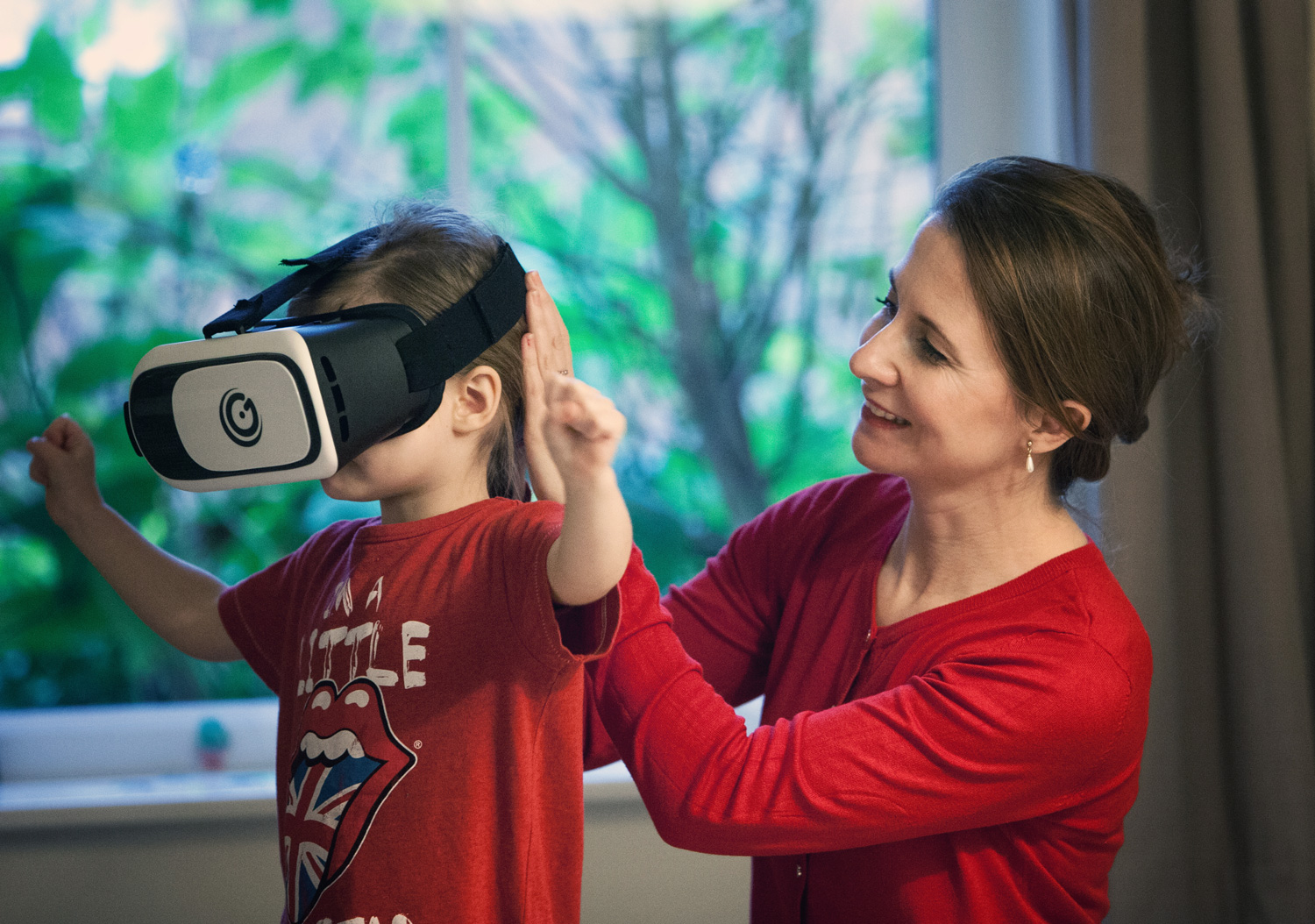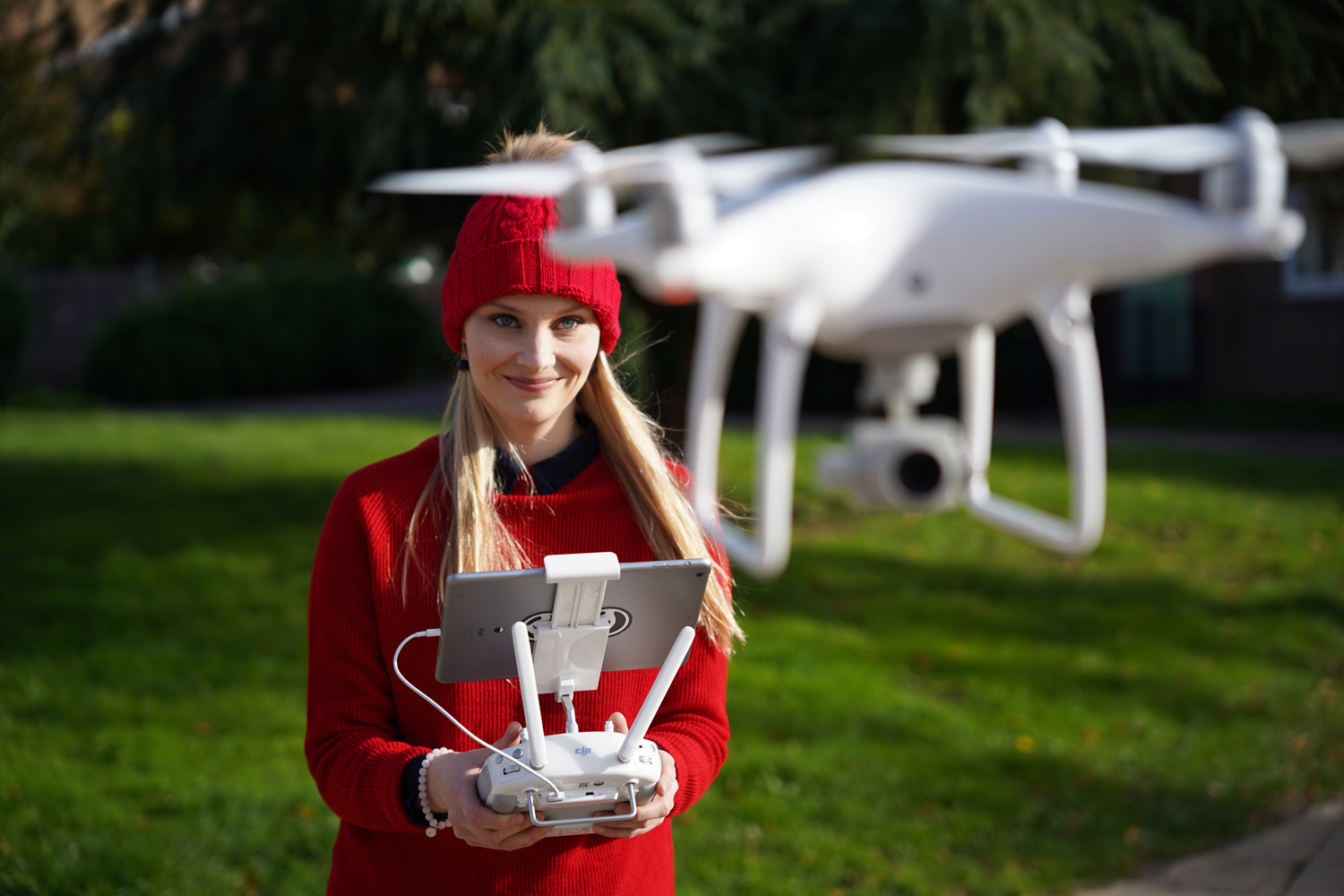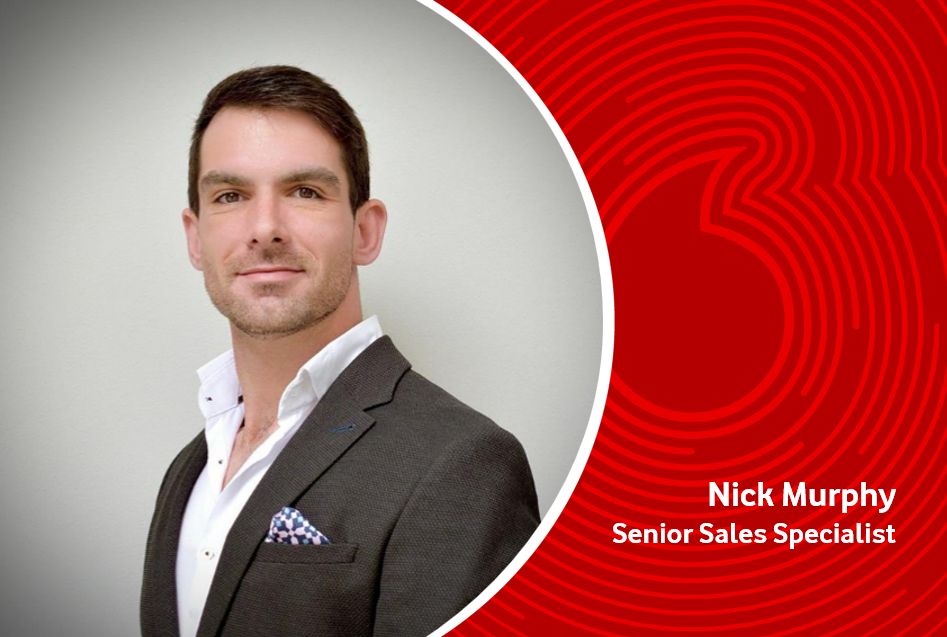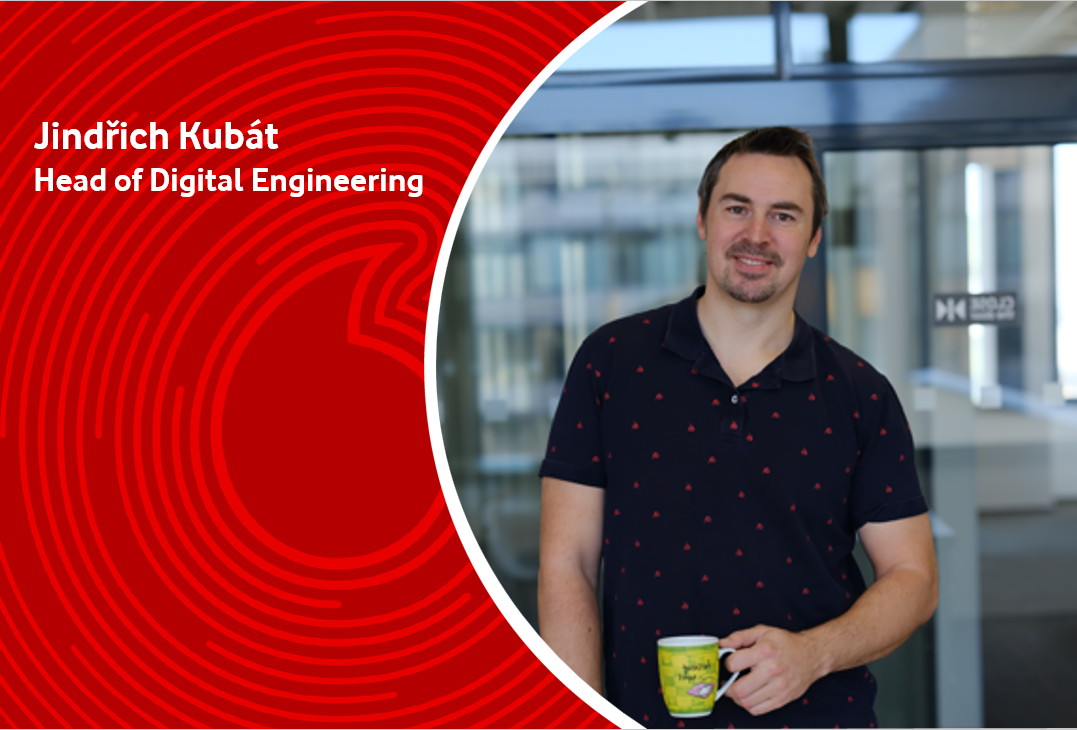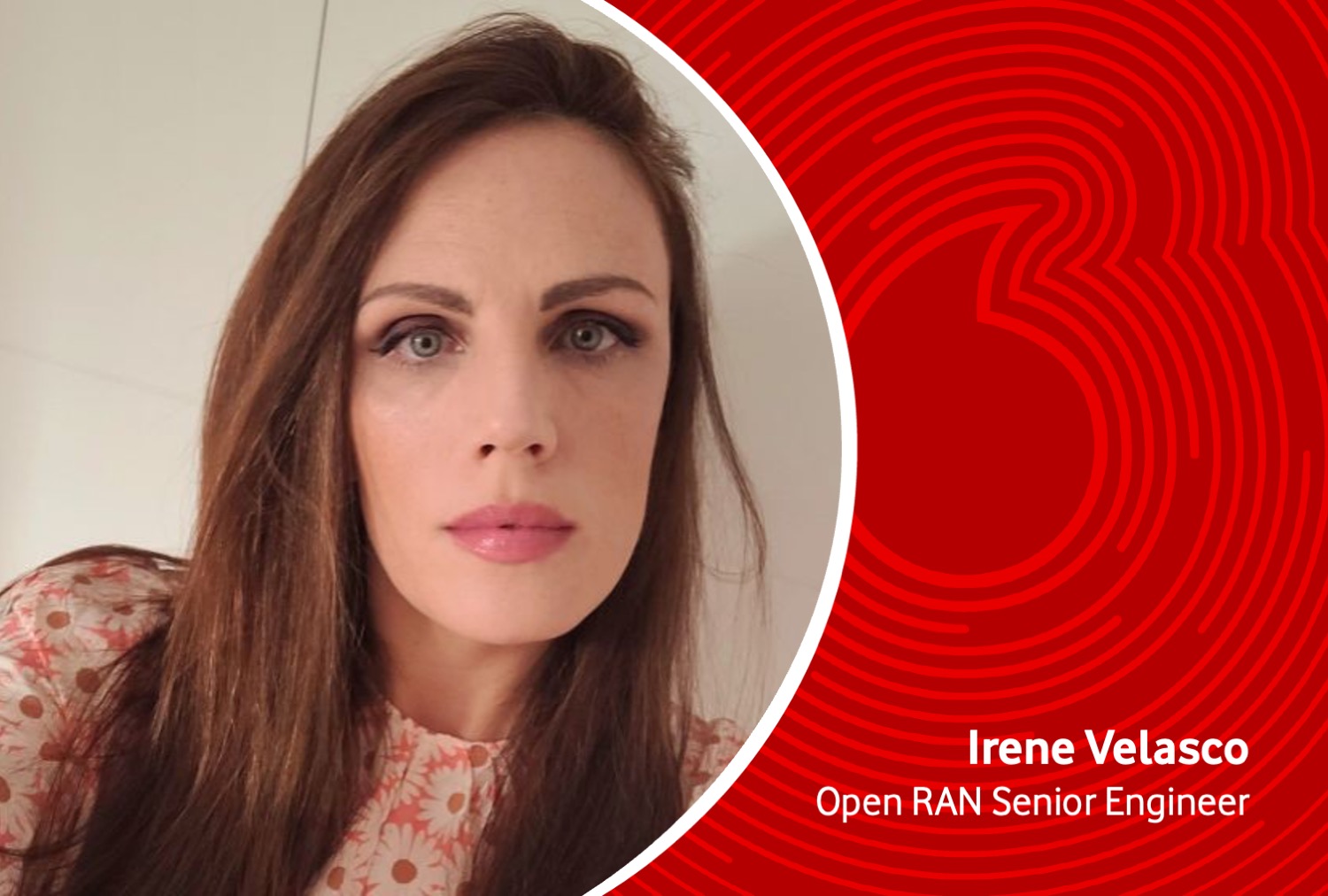From language processing, to real-time drone prediction, to ticket automation
So, what does the switch to NaaP and TaaS look like in the real world? The use cases are many and varied, with each somehow more interesting than the last!
Natural language processing is one example. At Vodafone, we have a lot of meetings, and it can be tedious for people to write down the minutes. I proposed an AI-based solution which fully automates the procedure instead. Meeting Minutes Automation (MMA) features Speech to Text (STT), individual voice printing, action points detection, executive summary and keyword extraction to save peoples’ time, energy and productivity.
We’re also using our Radio Positioning System (RPS) and machine learning techniques to real-time predict drone locations and track flying drones far beyond their current line of sight limitations, where we have filed two new patents in the network/drone domain and the third one is being in the process.
What’s more, on the internal side, we are creating and using what we call Zero Touch Operation (ZTO) AI to fully automate the remedy ticket resolution process.
Responsible innovation
Given the endless opportunities before us, it can be tempting to get swept up in the excitement. But I’m proud to say that Vodafone is being responsible in our approach.
We recently set up a research collaboration project with Oxford University to enable fair, transparent, explainable and responsible AI. The objective is to remove bias from both data and AI models for better business decision making. We aim to embed ‘ethical AI by design’ from the very beginning.
It helps that Vodafone offers a healthy environment in which to work. It is supportive, collaborative, transparent, accountable and fosters a culture of innovation. Vodafone encourages its people to explore new ideas and put forward proposals.
Our global innovation platform, NOVA, allows anyone with a good idea to publish it, with the idea then being ‘funded’ through a virtual currency. If an idea meets a funding goal, it is sent to the NOVA board for review, and once approved it moves onto the concept and development stage.
Ultimately this makes Vodafone a more equitable and democratic organisation. We have a lot of talented people, and we embrace inclusion and diversity to dream big and go for it together.
While I’m not sure exactly what Vodafone will look like in a few years’ time, I’m certainly excited to find out.
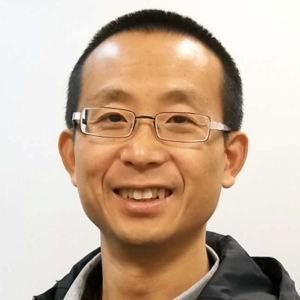
 Albania
Albania 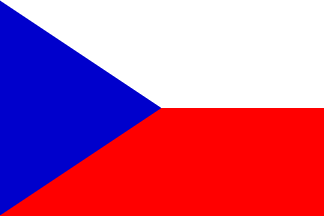 Czech Republic
Czech Republic  Deutschland
Deutschland  Greece
Greece  Ireland
Ireland  Italy
Italy 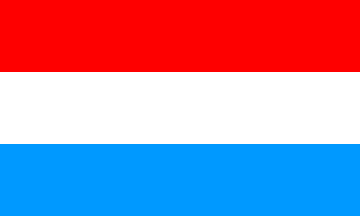 Luxembourg
Luxembourg 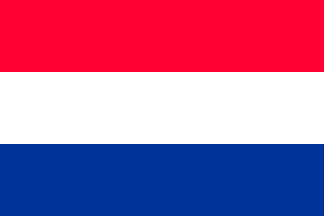 Netherlands
Netherlands  Portugal
Portugal  Romania
Romania 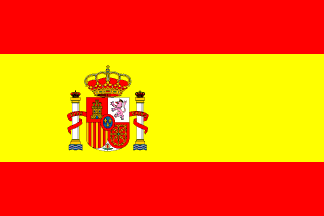 Spain
Spain  United Kingdom
United Kingdom  Asia-Pac Middle East
Asia-Pac Middle East 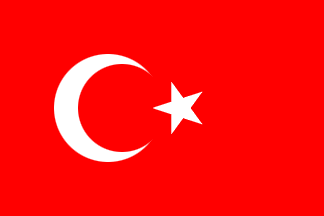 Turkey
Turkey  DR Congo
DR Congo  Egypt
Egypt  Ghana
Ghana 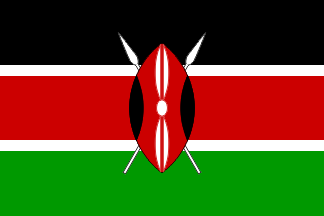 Kenya
Kenya  Lesotho
Lesotho 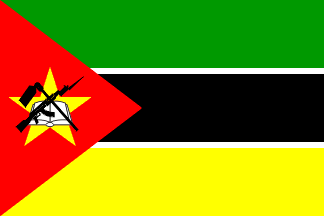 Mozambique
Mozambique  Nigeria
Nigeria  South Africa
South Africa 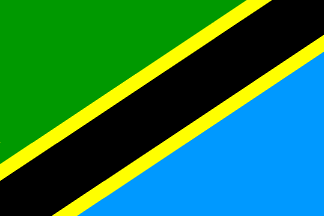 Tanzania
Tanzania 